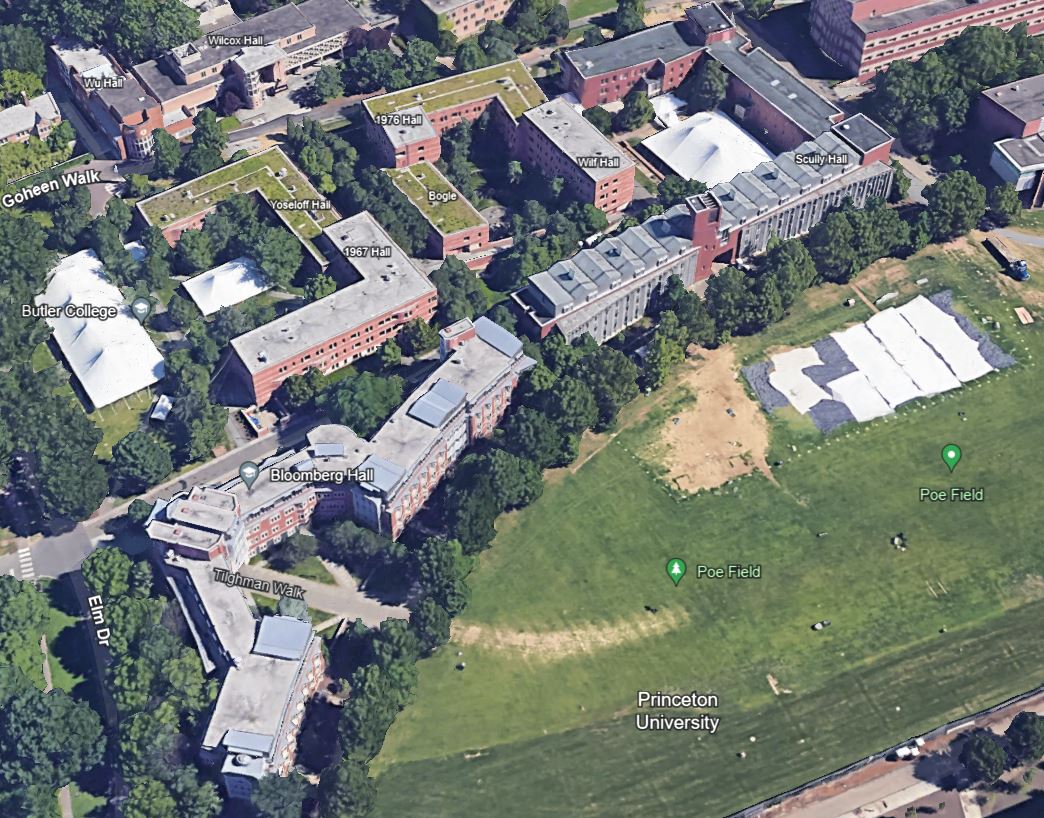Residential Colleges
Residential Colleges are a major part of the campus and of campus life. As of 2024, there are seven with an eighth under construction.
"RESIDENTIAL COLLEGEs serve as a nexus of intellectual and social life at Princeton and provide environments where undergraduates, graduate students, faculty, staff, and even some town residents can interact formally and informally. In addition to housing and dining options, the colleges provide academic advising, structured peer advice, co-curricular support, and programming that enhances the intellectual, cul-tural, social, and recreational life of the campus.
All first- and second-year students are required to live in one of the residential colleges; juniors and seniors may choose to remain in their college, but even if they live elsewhere they retain an affiliation with it and are encouraged to remain engaged with it. Following Commencement, all seniors receive their degrees at the residential college with which they are affiliated...
The residential college system dates to 1982-83, but it has deeper roots. In some sense, these roots go back to Princeton's earliest days when all students lived, ate, and learned under one roof in Nassau Hall. The seeds of the current colleges were first sown in 1907 when President Woodrow Wilson proposed dividing the University into groups of dormitories with resident faculty (Wilson called them "quadrangles") to bring faculty and students together in a "truly organic way which will ensure vital intellectual and academic contacts, the comradeships of a common life with common ends." The faculty and trustees rejected the plan, handing Wilson the first of the political defeats that would mark his final years at Princeton.
Wilson's concept was revived a half century later with the creation of the Woodrow Wilson Lodge, which grew, in turn, into the Woodrow Wilson Society and, ultimately, Woodrow Wilson College (re-named First College in 2020). Woodrow Wilson Lodge was founded in 1957 by a small group of students in the Class of 1959 as an alternative to the eating clubs. From the outset, it sought to combine intellectual and social activities, and it incorporated a group of faculty fellows, who took meals with the undergraduates."
Robert K. Durkee '69, A New Princeton Companion, pp. 407-408
This exhibit is under construction.


